A so-called “fire sale” of thousands of acres of Scottish land, worth a total of £11 million, launches today.
Last night, owner Jeremy Leggett insisted the sales were not aimed at paying off a loan.
He added: “Yes, we owe £11m, due end January. But we are also in an active fundraising with potential investors from financial institutions seeking to raise £25m, with good prospects as things stand.”
Mr Leggett, a former Greenpeace director, sold renewable power developer Solarcentury to Norwegian state energy giant Statkraft in 2020 for £117.7m.
He then invested in Scottish land.
Highlands Rewildings selling land across three huge Scottish estates
His company, Highlands Rewilding, is now selling thousands of acres of land across its estates at Bunloit, by Loch Ness, Tayvallich, in Argyll, and Beldorney, Aberdeenshire.
Explaining the sales, he said they were to allow his firm to “replicate a model that guarantees community-centred nature recovery in perpetuity”.
“We call this our Nature and Community In Perpetuity (NCIP) model,” he said, adding: “We have already completed one NCIP sale.
Jeremy Leggett tells us why his company is selling so much land
He added: “Only in the unlikely event that we fail in our current fundraising round will we use the proceeds from the land sales to repay the loan that allowed us to buy Tayvallich in the first place.”
And dismissing reports the disposals amounted to a “fire sale”, he said: “Most of the coverage seems to assume the simple story that we are going bankrupt and have only put our land on sale to repay debts. Its more complicated and more positive than that.”
The land at Tayvallich is understood to be going on the market, through rural property specialist Strutt & Parker, at £4.25m.
Beldorney, bought by Highlands Rewilding three years ago, will likely require a £5m investment.
It comes amid a race against time to pay off debt.
Highlands Rewilding borrowed £12m in May 2022 as a short-term bridging loan. It was taken out over 12-months to finance the purchase of the 3,500-acre Tayvallich Estate.
Only in the unlikely event that we fail in our current fundraising round will we use the proceeds from the land sales to repay the loan that allowed us to buy Tayvallich in the first place.” Jeremy Leggett
Some refinancing means the debt is now owed to the state-owned UK Infrastructure Bank and “top online partners”, with £11m remaining.
Following an extension, the loan must be repaid by the end of January 2025.
Highlands Rewilding is trying to raise fresh equity by the end of this month.
But the firm says that if this course of action fails to deliver, it will need offers for the land being put up for sale by December 10.
Highlands Rewilding’s business model is based around it offering plots of land to buyers who can guarantee the restoration of nature and growth of community prosperity in perpetuity.
It sold part of its Tayvallich landholdings to community group Tayvallich Initiative, for £420,000, late last year. The deal paved the way for new affordable homes in the area and was trumpeted as a “progressive model for community engagement”.
Highlands Rewilding netted £3.2m from Tavvalich sale earlier this year
Barrahormid Trust bought half of Tayvallich Estate earlier this year, for £3.2m.
Mr Leggett aims to replicate that sale elsewhere, delivering community and environmental benefits.
Glen Urquhart Rural Community Association is now mulling the purchase of all or part of the 1,300-acre Bunloit Estate, near Drumnadrochit, with the help of charity Trees for Life.
Will potential new community owners be priced out of market?
Community Land Scotland (CLS) is the lead charity for Scottish community land ownership.
Josh Doble, the group’s policy officer, fears the multi-million-pound price tags for thousands of acres of rural estates may exclude “serious” local community interest.
But he also believes the sales are a potential “game-changer” for reform.
Mr Doble said: “Leggett has a background in environmental industries.
“Highlands Rewilding’s approach developed over time.
“By the time they purchased Tayvallich Estate, in 2023, their focus was community friendly, with an encouraging memorandum of understanding (MOU) signed with Tayvallich Initiative on how the company and local population could work together.
For many, the Highlands Rewilding approach was more community friendly and environmentally friendly than many more controversial land projects.” Josh Doble, CLS
“The MOU included the creation of a Tayvallich Estate local management board, with a wide representation spread across four local organisations, tenants and young people.
“For many, the Highlands Rewilding approach was more community friendly and environmentally friendly than many more controversial land projects.”
But future financial returns on the firm’s investments were unclear, Mr Doble said.
Natural capital markets are still in their infancy and “hoped for support” from institutional private investors has not yet materialised, he explained.
Mr Doble added: “The revelation Highlands Rewilding urgently needs to raise £11m to pay back a publicly-owned investment bank is a shock and surprise to many.”
“Highlands Rewilding says first refusal on the land for sale will go to local communities.
“But there are concerns the multi-million-pound price-tags and December 10 deadline for offers could effectively exclude serious local community interest.”
‘Heated’ debate over land reform
CLS has raised numerous concerns over Scotland’s relatively unregulated land market.
Reform must deliver community control over key decisions,” Mr Doble said.
The Highlands Rewilding example is a “potential game-changer in the heated Scottish land reform debate”, he added.
He explained: “While there has long been general concern over the purchase of vast areas of Scotland by absentee billionaires and millionaires in one of Europe’s least regulated land markets, Highlands Rewilding initially suggested a new model of private-community cooperation and benefit.
“Their plans were always based on precarious finances, with shareholders and creditors taking precedence over long-term nature restoration or community prosperity.”
Scotland ‘up for sale’
Mr Doble went on: “Scotland is up for sale and there is little oversight of land being bought by speculators, or absentee investors who have very little concern for the wellbeing of our communities, society and natural environment.
‘The Highlands Rewilding example is somewhat different to what we have seen with many other estates.
“It had some encouraging elements. However, the financial model this was based on was too risky, as Highlands Rewilding themselves have admitted.
“Forecasting future returns on natural capital markets… was an unrealistic gamble.”
“Nature restoration and community development require patient capital and long-term thinking.
‘What we need is community-focused land reform.
“We need tighter controls over the buying of land in Scotland to ensure it delivers long-term benefits, repopulation and prosperity for Scotland’s people and environment.”
CLS is keen to work with the Scottish Government to ensure the new Land Reform Bill now making its way through Parliament contains “public interest considerations for assessing the purchase of significant landholdings”.
Call for community empowerment
Mr Doble added: “Scottish land reform models will continue to flounder until communities are empowered to own significant landholdings which can deliver multiple public priorities around the housing crisis, our response to the biodiversity and climate crises and providing green energy.”
Read more: Highlands Rewildings’ own Q&A on its “state of play”
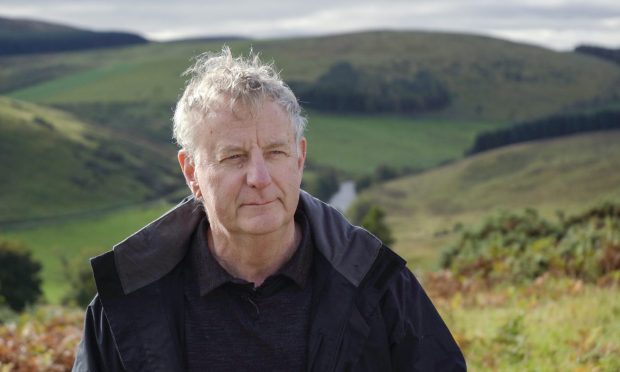
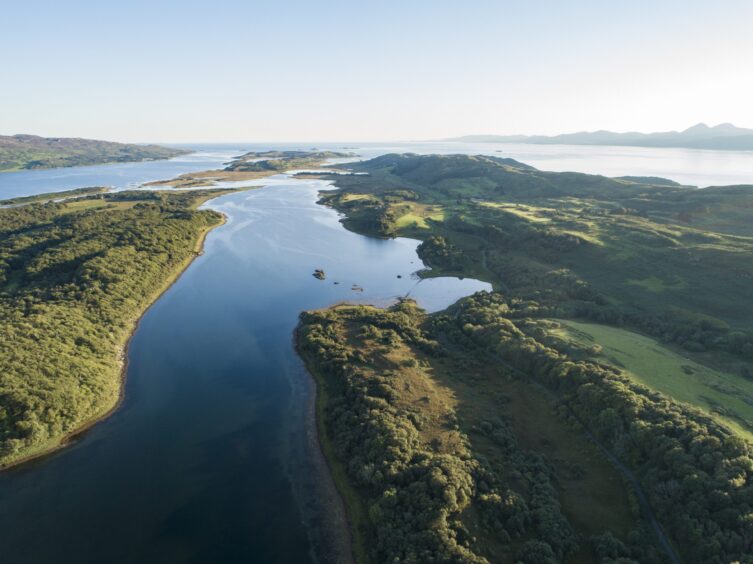
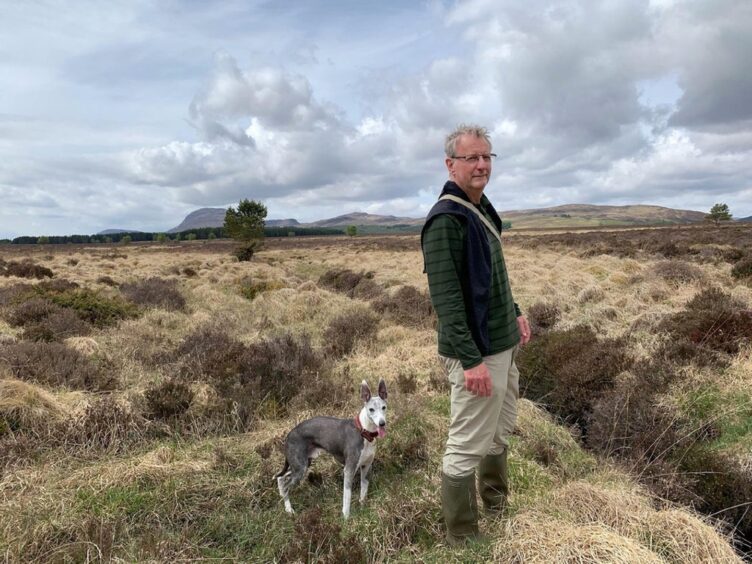

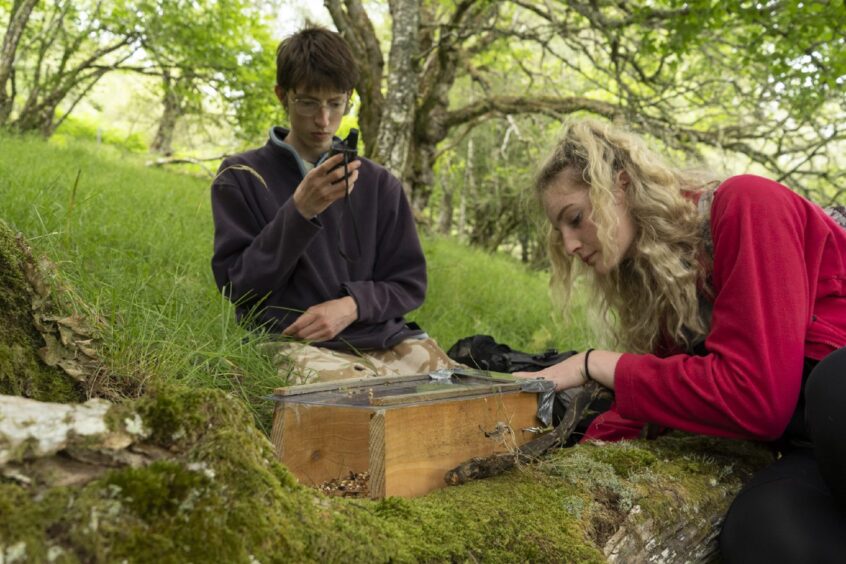
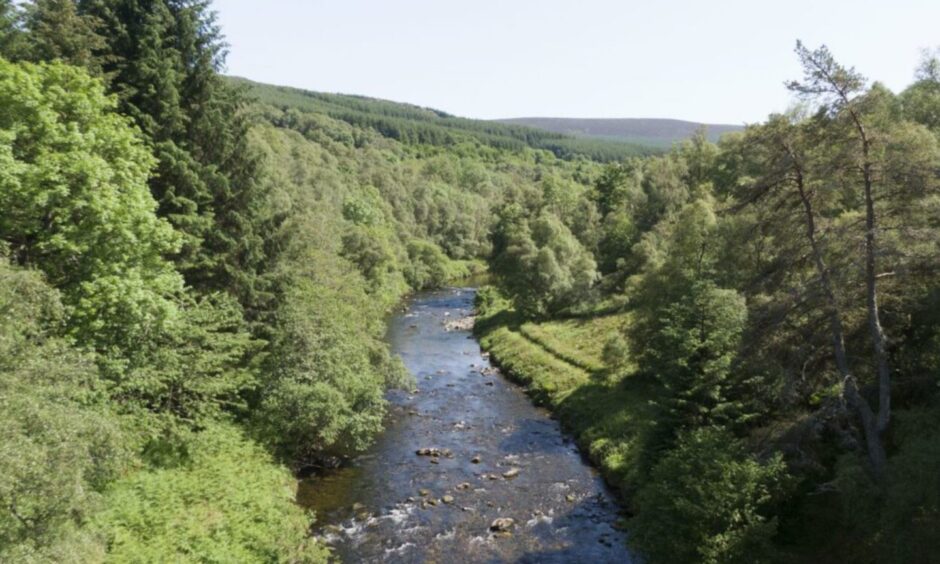
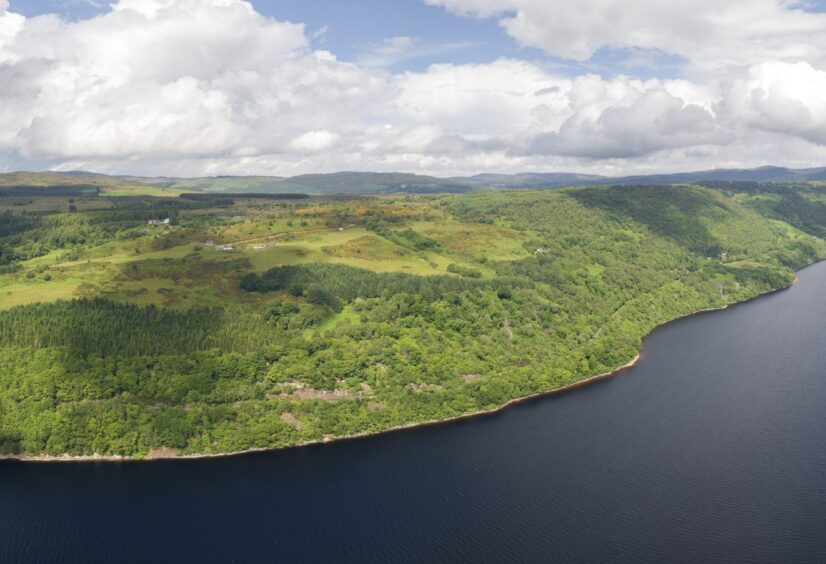
Conversation